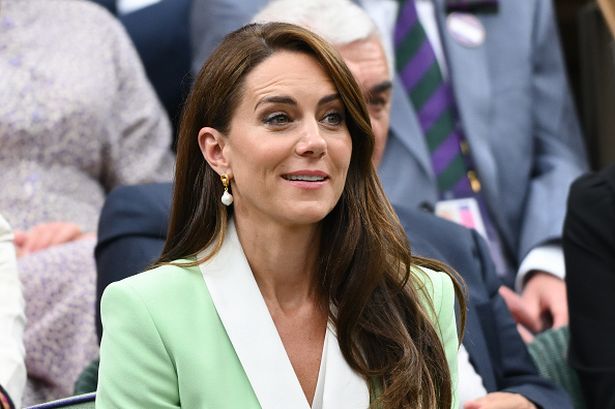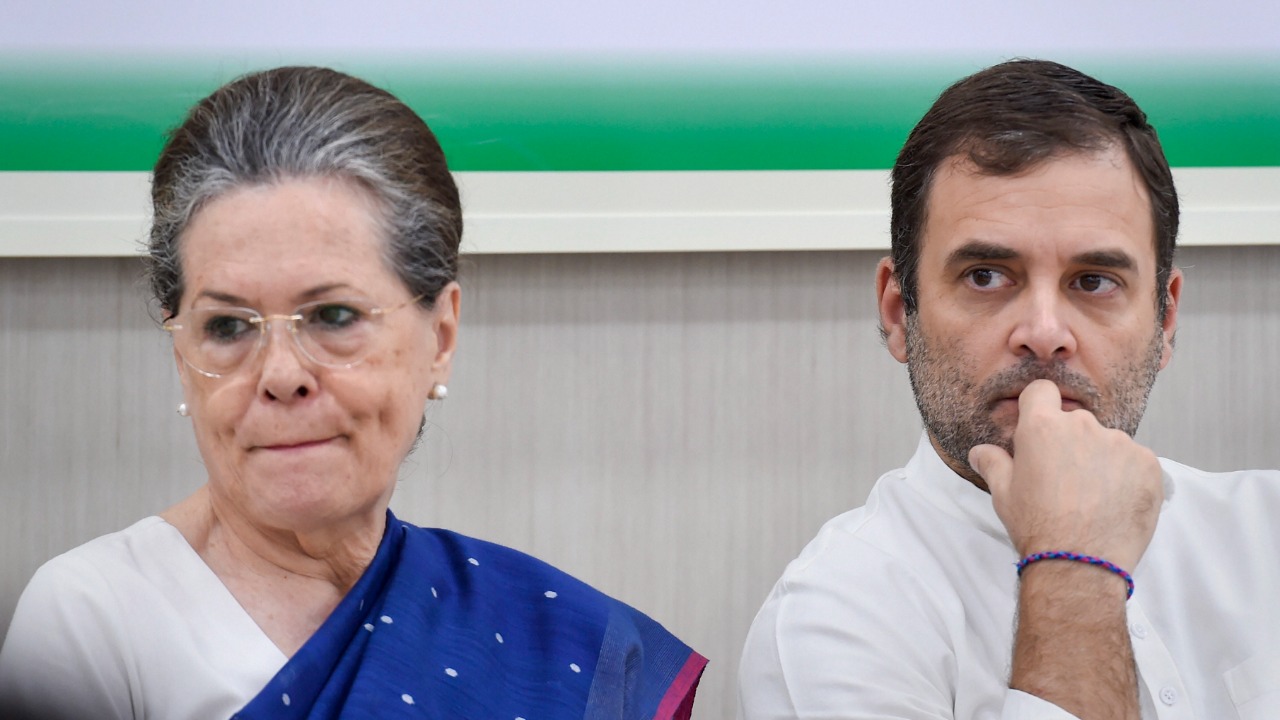Hijabs isn't part of essential religious practice: Karnataka High Court
The landmark judgement of the three-judge bench of the Karnataka High Court ruled that wearing of hijab does not come under essential religious practice. Meanwhile the students have decided to challenge the High Court order before the Supreme Court

Bengaluru: In a judgement which has far-reaching consequences in the Indian judicial jurisprudence system, the three-judge bench of the Karnataka High Court on Tuesday ruled that the wearing of hijabs does not part of the essential religious faith under Islamic law.
While dismissing the batch of the petitions filed by Muslim girls students across the state, the three-judge bench comprising Chief Justice Ritu Raj Awasthi, Justice Krishna S. Dixit and Justice J.M. Khaji observed that the wearing of hijab will not come under the essential religious rights guaranteed in the Constitution. Court has also stated that government has the power to prescribe uniforms in the schools and colleges in the state.
While framing four questions made out during the course of arguments, the bench has to answered each questions and uphold the government order dated February 5, banning the wearing of hijabs in government schools and colleges. Government can impose reasonable restrictions on essential faith by prescribing uniform rules in the schools and colleges, the bench observed.
There is no case made out by the petitioners regarding government order is unconstitutional and against the principles of natural justice. The government has the power to frame rules under the Karnataka Education Act, the three-judge bench pointed out.
The bench has upheld the government order effectively banning the wearing of the hijab (headscarves) by Muslim girl students in educational institutions in the State.
Judgement: Hijab is not a part of the essential religious practices of Islam. Requirement of uniform is a reasonable restriction on the fundamental right to freedom of expression under Article 19(1)(a), court mentioned in the judgement. The government has the power to pass the government order and no case is made out for its invalidation, court stated.
The bench has rejected the petitioners' plea to initiate enquiry against the college management authorities and government officials who restrain the students to enter the classrooms wearing hijabs.
Meanwhile, Muslim organizations and students have decided to file a special leave petition before the Supreme Court challenging the three-judge bench order of the Karnataka High Court.
CM Bommai requests to obey the verdict: Chief Minister Basavaraj Bommai has requested the people to obey the judgement of the High Court and he requested to maintain peace and tranquillity in the society.
He requested the students to obey the High Court judgement and concentrate on studies instead of resorting to agitation.
“I would request the students to follow the Court order and to attend the classes and final exams. Students should focus on their studies”, Mr. Bommai said.

Contention before Court: The court has heard the petitions for 11 days. The petitions filed by Muslim students of Government pre-university college in Udupi, Bhandarkars’ College in Kundapura challenging the government order dated February 5 banning the wearing of hijabs in schools and colleges. The Government has also ordered that wearing the uniform was compulsory in the colleges where College Management Committee prescribed.
The government order banning hijabs has created chaos across the state. Widespread protests had erupted across the state college authorities have sent back the Muslim students to home those who come to schools and colleges wearing hijabs. The Bhandarkars’ college has closed its gate for Muslim students who come with hijabs.
Protests have spread to other districts in the state, meanwhile, a section of Hindu students have attended the classes wearing saffron shawls. The issues have taken political and religious turns. BJP has openly opposed wearing hijabs in the classrooms, contended that it would violets the public orders and also contended that wearing hijabs is not an essential right of the students.
The three-judge bench has passed an interim order on February 11, restraining all the students regardless of their religion or faith from wearing scarfs, hijab, saffron shawls, or religious flags within the classrooms.
The bench has further observed that the interim order is confined to the institutions where the college development committees have prescribed the student dress code or uniform.
In between the three-judge bench has passed an interim order on February 11 restraining all the students regardless of their religion or faith from wearing scarfs, hijab, saffron shawls, or religious flags within the classrooms.
The bench has further observed that the interim order is confined to the institutions where the college development committees have prescribed the student dress code or uniform.
The bench has requested the state government and all stakeholders to reopen the educational institutions and allow the students to return to the classes at the earliest. The state government has ordered to close the high schools and colleges for three days after hijab row gets widespread protest in colleges across the state.
Senior counsel of the Supreme Court, Sanjay Hegde argued that restraining the students from wearing hijab or head scarf violates the fundamental rights of the students. It not only deny the fundamental rights guaranteed under the Constitution as well as denying the educational rights for them, he argued.
He further contended that constitutional rights cannot be left to politicians or MPs whether they are in power or out of power. Ultimately it is the Constitution which protects all citizens
"The freedom of certain groups of subjects to determine their appearance and apparel (such as keeping long hair and wearing a turban) are protected not as a part of the right of privacy but as a part of their religious belief," Hegde argued while citing Puttaswamy case in the Supreme Court.
Appearing for Muslim students of Bhanarkars' college in Kundapura, Mr. Kamat vehemently argued for the petitioners and challenged the government order dated February 5.
The government order is the foundation based on which colleges are prescribing that headscarf cannot be allowed. If the foundation goes, then rest can't stand. All the three decisions of the High Courts cited by government order are totally against the State, he said.
The government order suffers from total non-application of mind. The entire basis of GO is three High Court judgments which they claim held Hijab is not part of Article 25. I will prima facie demonstrate that it is not so, he contended. the wearing of hijab is the innocuous right of the petitioners prescribed in article 25 of the Constitution., he argued.
AG’s contentions before the bench: Arguing on behalf of the Karnataka government in the High Court, Advocate General Prabhuling Navadgi said that the government order dated February 5 did not ban the hijab and only delegated the authority to decide the school uniform to College Development Committees (CDC).
"The conscious stand of the state with all responsibility I state that we do not want to intervene in these kind of matters in so far as matter relates to religious symbols issues in the educational institutions," the AG told the full bench of the Karnataka High Court,

















